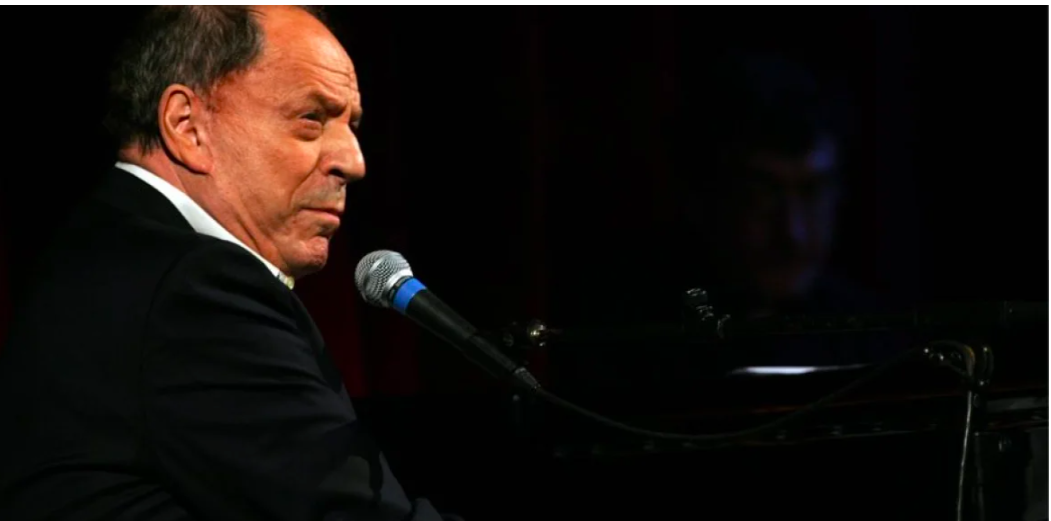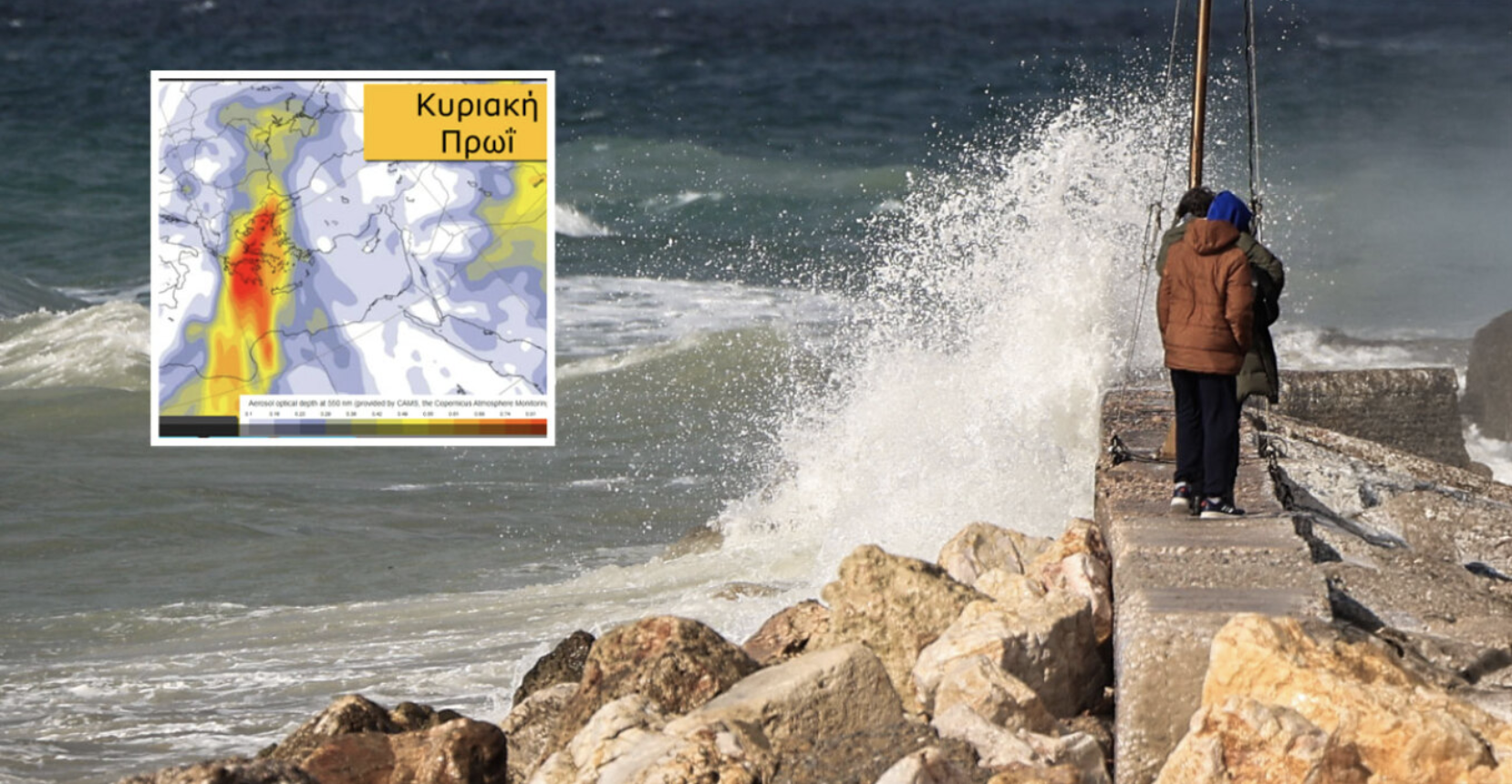Dumont also collaborated with Dalida and Barbra Streisand – He died after a long illness at his home in Paris.
French musician Charles Dumont, composer of the iconic song “Non, je ne regrette rien” and a close collaborator of Edith Piaf, passed away last night at the age of 95.
The singer, songwriter, and composer, who also worked with Dalida and Barbra Streisand, died after a long illness at his home in Paris, as reported by his partner Florence to the French News Agency.
On X (formerly Twitter), France’s Minister of Culture, Rima Abdul Malak, paid tribute to Dumont, calling him “a living legend of French music.”
Dumont’s career as a trumpeter took off in the 1960s when he convinced the star Edith Piaf to perform one of his compositions.
“Non, je ne regrette rien” (“No, I Regret Nothing”) became one of Piaf’s most recognizable hits, known all over the world.
“My mother gave me life, but Edith Piaf gave me a career,” Dumont said of the legendary singer, who helped launch him into international fame. “Without her, I would never have accomplished everything I’ve done.”
It was in 1956 when Dumont, a then 27-year-old unknown musician, played the melody for what would become one of the most famous French songs globally.
However, Piaf was initially unsure. “Piaf had already rejected me three times, and I didn’t want to try again,” Dumont said in a 2018 interview. “But Michel Vauquer, who wrote the lyrics, convinced me to try again in 1960. When she heard I was there, she insisted that the appointment be canceled.”
“Nevertheless, we went to her house. I played the song on the piano, and… we never parted ways,” Dumont recalled. “At that time, things were tough, and this song was a resurrection.”
This began a long collaboration, lasting until Piaf’s death in 1963, producing more than 30 songs, including “Mon dieu,” “Les flonflons du bal,” and “Les Amants.”
“If I became an international musician, it’s thanks to Edith,” Dumont said, who later worked with American star Barbra Streisand.
In 1966, Dumont’s song “Le Mur” was featured in French on the A-side, and the English version, titled “I’ve Been Here,” was included on the B-side of Streisand’s album Je m’appelle Barbra.
As a singer, Dumont accompanied Piaf.
“One night, I told her after leaving the stage that the audience wasn’t great. She looked me straight in the eyes and said, ‘It wasn’t the audience that was bad. It was you who wasn’t good.’ That’s when I realized that it’s not the audience that makes the success—it’s what you give them that works.”
After Piaf’s death, Dumont took up the microphone again before retiring from protest songs, saying: “Let’s leave that to the Americans who do it so much better!”
His albums then focused on love songs, which became his main subject.
As late as 2019, Dumont continued to perform on stage. “When you come back on stage in front of an audience that sees you as they did 20, 30, or 40 years ago, and they welcome you the same way, it makes you feel like you’re 20 again,” he said.
Ask me anything
Explore related questions





